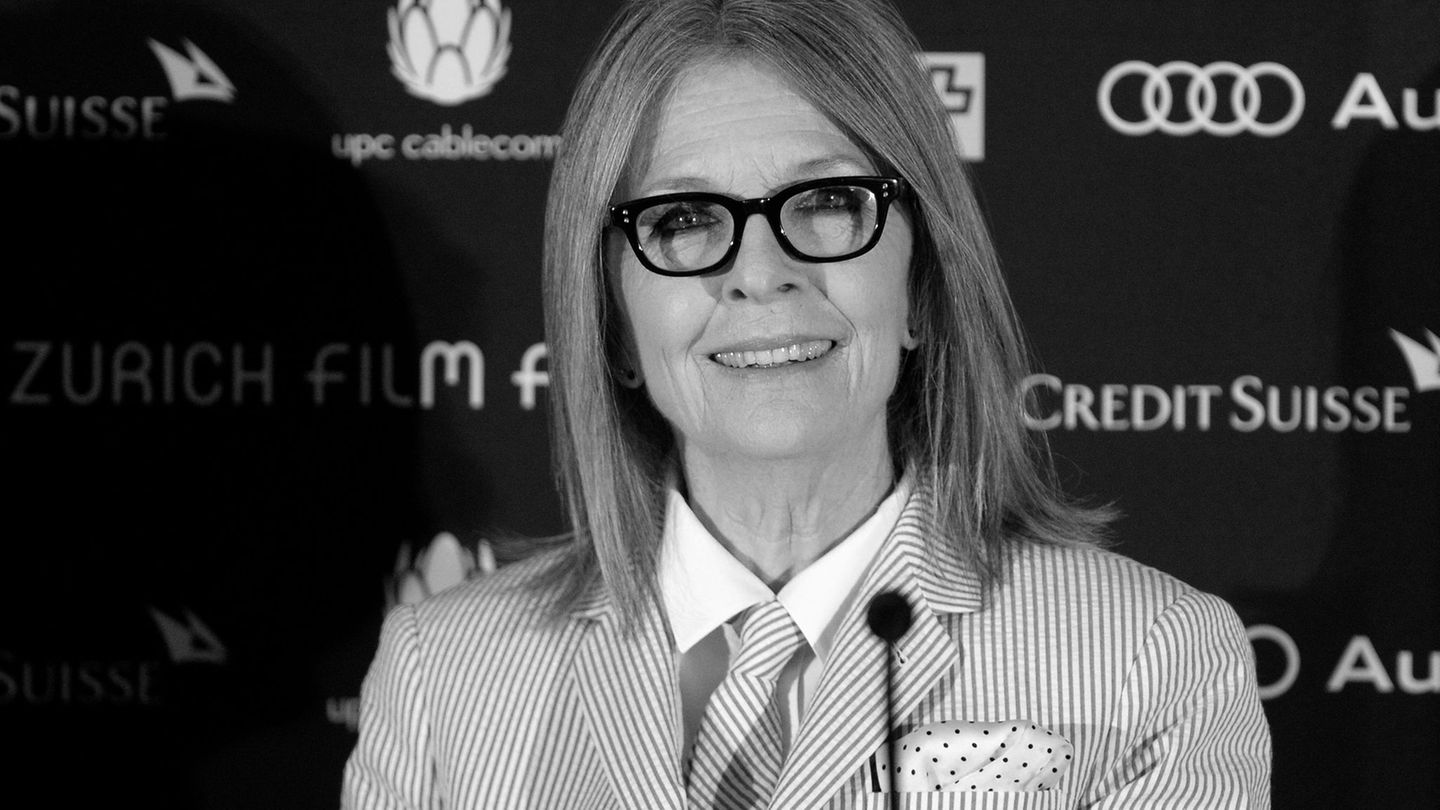Uruguay is going through a moment in which good and bad economic news are interspersed: on the one hand, the possibility of a Free Trade Agreement (FTA) bilateral with China it seems more and more distant and the growth expectations for the country continue to be cut in a context in which the economy entered a technical recession; on the other, the rater Standard & Poor’s (S&P) raised Uruguay’s credit grade to BBB+the highest grade awarded by this agency to the country, and it is expected that other large institutions such as Moody’s and fitch also improve their qualification for the country.
It is in this scenario that Exante’s latest Business Expectations Survey was published, which revealed that a “exceptionally favorable perception of the business climate”, with 89% of the 300 executives consulted qualifying it as “good” or “very good”.
However, the assessment of the recent evolution of the economy was less positive than in previous surveys, although less than 20% of those consulted considered that the economic situation is worse than a year ago. In this sense, the responses tended towards neutrality, with 46% noting that the economic situation remained “the same”.
Likewise, and in line with the vast majority of economic analyzes for the country and the region, businessmen “GDP growth prospects dropped significantly for this year and also moderated in a medium-term horizon”. Thus, the majority (40%) indicated that growth will be between 1% and 2%, followed by the perception that it will be between 2% and 3% (31%). The projection for 3 or 4 years onwards dropped from 2.7% of GDP to 2.3%.
As for the inflation outlook of executives by the end of 2023 and 2024, these were located at 7.6% and 7.1%, respectively, on average.
Management evaluation
He inflation management is one of the points most highlighted by the businessmen consulted by Exante in this latest edition. In fact, in the survey it can be seen that the prospects for inflation above 8% for next year fell from 54% in October 2022 to 19% in the last survey. Likewise, the proportion of executives who think that inflation will be within the target range (6%) in 3 or 4 years grew, from 18% to 32%. 69% considered the government’s management in this area to be “good”.
In terms of the general evaluation, the perception of the management of the government headed by Luis Lacalle Pou remained stable in a highly positive range of the 78% approval. The balance is favorable in almost all management areas; although the external insertion and international competitiveness were the aspects with the greatest deterioration in the evaluation.
The loss of competitiveness, a point of concern
The loss of international competitiveness was the point of greatest concern among those indicated by the businessmen. The problem of the exchange rate delay —present at the discussion tables of the industrial and exporting sectors of the country since December of last year— was reflected in the Exante survey as one of the worst evaluated aspects of the government, with a negative balance and 30% of those consulted considering the actions of the authorities in this matter as “bad”, and 41% as “regular”.
In this sense, the improvement of competitiveness via the exchange rate also grew as one of the issues that the government should prioritize. In 2015, the percentage of businessmen who considered the dollar as a priority issue was 15%, in October 2022 it was 20% and, in that edition, the figure climbed to 39%.
Meanwhile, the expectations about the evolution of the exchange rate revealed a downward adjustment on the expected price for the US currency for the end of this year. He average for the business sector was located in 42 pesos —with approximately a quarter of the respondents placing it below 41 pesos. In the previous edition, the sector forecast a dollar at 43.8 pesos, by the end of 2023.
This projection of a less strengthened dollar coincides with the Survey of Economic Expectations of the Central Bank of Uruguay (BCU)in which the market corrected the local price of the dollar downwards for this year. The median was 41.30 pesos, compared to a median of 41.50 pesos that was projected in March. In turn, the expected average fell further, from 41.50 pesos to 41.28 pesos.
Another interesting point in the Exante survey was the consideration by employers that the growth of real wages is one of the main determining factors for the increase in employmentwhose indicators again showed a setback in March, with a figure of unemployment that reached the 8.6%according to him National Statistics Institute (INE).
According to the consultant’s study, the prospects for an increase in hiring are lower than the expectations of profitability, production and investment, except in the first case —in which the expectation of an increase dropped to 35%, although it remains in a positive balance—, they are optimistic in terms of growth.
An inherent contradiction
In the perceptions of the business sector it is difficult not to notice a contradiction: The positive assessment of the government’s inflationary control goes hand in hand with the growing concern about the loss of competitiveness. The apparent inconsistency lies in the fact that the measure behind both situations is the same: the BCU monetary policy.
In this sense, the country’s monetary authority used the rise in the Monetary Policy Rate (MPR) as the main tool to control inflation, at the cost of the appreciation of the peso against the dollar and, therefore, also of the competitiveness of the Uruguayan economy in the world. With the latest disposition to lower rates, the expected effect is the opposite: a search for exchange balance to the detriment of inflationary control in the coming months.
About, Tamara Schendypartner of lush, considered in dialogue with scope.com that “economic policy today has little margin to pursue all your goals simultaneously (lower inflation to the target, care for competitiveness, recovery of real wages, additional reduction of the fiscal deficit) and that it will probably end up sacrificing at least partially some of them”.
In this sense, getting inflation to reach the target range in a sustainable manner “is going to be expensive and it will not be achieved only by force of monetary policy”, but rather “the guidelines established by the Executive Power as a guideline for the Salary Tips They are going to be a key element for shaping the inflation outlook for this year and next, as well as for shaping expectations.”
Taking this into account, from Exante they consider that the contradiction between competitiveness and inflation could be partially resolved with real wages as a pivotal factor: “In our opinion, the government should contemplate a moderation of nominal wage increases taking advantage of the recent drop in inflation. That should ease the work of monetary policy and leave room for some additional TPM decreases. Monetary policy will surely continue to show a contractionary sign in the next 18 months (positive real rates and higher than natural rates), but we understand that we will probably see a loosening compared to what has been seen in recent months and therefore we would expect the pressure on the exchange rate”.
Source: Ambito




